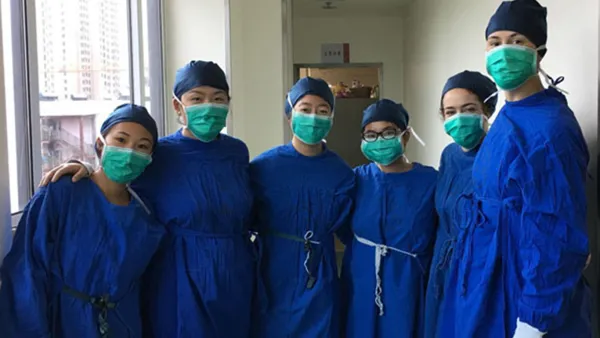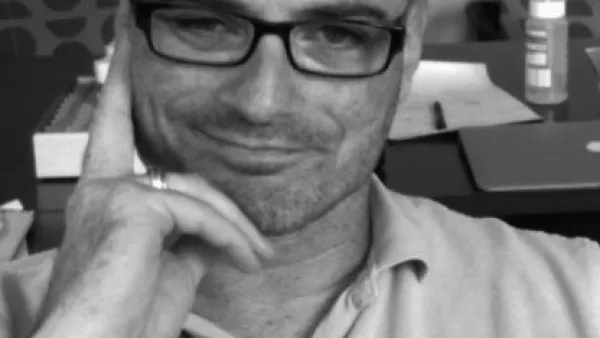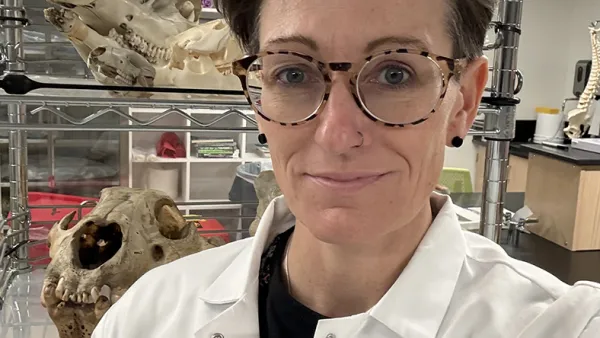Maya Chan is third-year undergraduate student fulfilling a Biology Major and Anthropology Minor. Last fall semester, she studied abroad in Shanghai, China through the Global MedPrep Scholars Program, designed to provide a unique experience and set of skills that will strengthen students’ cultural competency while allowing them to see how medicine is practiced in another part of the world.
When you spend a semester in Shanghai through the Global MedPrep Scholars Program, the entire city becomes a playground for what you learn in the classroom. The fieldwork practices you learn in your medical anthropology classes can be applied to actively engage with the people around you. The Chinese characters you study animate from strokes on a page into essential tools for communicating with real people in real situations. The history you study of Shanghai’s evolution into a globalized, metropolitan hub can be observed as you watch skyscrapers being built in a week.
Undergraduate learning as a pre-medical student is incredibly interesting, yet can also feel somewhat detached. Much of what we learn in undergraduate is to lay solid groundwork for graduate-school learning. It can be difficult to grasp how what we learn can be used in the ‘real world’. As a Global MedPrep Scholar, I was empowered to appreciate and explore the novel and unfamiliar things surrounding me, incorporating what I was learning in the classroom.
A highlight of the program is the opportunity to shadow at hospitals and Traditional Chinese Medicine clinics around Shanghai. Once a week I would shadow at a ‘Western-Biomedicine’ Hospital, which more closely resembled those in America, and later that week would shadow at a Traditional Chinese Medicine clinic. With differences in nearly every aspect, it was hard to believe that the Western-Biomedicine hospital and the Traditional Chinese Medicine clinic both centered around care of the body. In the TCM clinic, hundreds of drawers of herbs and minerals and flowers lined the walls. Doctors suction-cupped glass bulbs onto patients’ body to draw ‘bad blood and qi’ to the surface, and skillfully placed dozens of needles into acupuncture points on the back, shoulder, arms, etc.
Yet, while Traditional Chinese Medicine seemed an ancient practice rooted in an entirely different perception of the human body, its threads could be found woven both in ‘modern biomedicine practice’ as well as the everyday lives of Shanghai locals. Shanghai- a rapidly globalizing and modernizing city, still grounds itself in TCM tenets. Classmates who grew up in a modern, futuristic Shanghai also recognized the importance of drinking warm water and protecting yourself from the wind, whose entrance into the body can cause serious illness (one Shanghai classmate explained that if a woman’s back is exposed to wind while she is breastfeeding, she will have back pain as an older woman). It was fascinating to observe the interplay between Shanghai’s dynamic modernization and strong ties to beliefs passed down for thousands of years.
Learning about Traditional Chinese Medicine was only one example of how I was encouraged to challenge my own deeply rooted beliefs and assumptions. When you grow up and live within a culture, it’s easy to forget that it is just that, a culture. It may seem that the way we think, feel, and act are the same as everyone else in the world. And when you are introduced to other lenses through which to view the world, they may seem distorted and incorrect (“you think that’s why she has back pain?”). It isn’t until you are plopped right down in the middle of something that looks entirely different, that your ‘normal’ is challenged and grows.
Culture shock often gets a bad rap. Unfamiliarity, uncomfortability, scary transitions. And it can be all those things. If we are happy with our own ‘familiar,’ it is a natural tendency to want to stay within that bubble. Yet, culture shock is also humbling and empowering. It means growth and newfound appreciation. It means entertaining the possibility that the way you grew up thinking and moving throughout the world isn’t the only way. It was also through delving into culture shock that I found myself befriending street vendors, making mooncakes with locals in the community garden, waking up at 6 am to take a 3-hour Tai Chi class, dancing in the park besides Chinese grandmas and grandpas, and taking a 1-hour train ride to Shanghai’s most famous soup dumpling restaurant (where I at least 20 dumplings!).
All of this to say that my semester in Shanghai is an experience I cherish more and more each day. Its profound influence continuously shapes how I grow as a student and as a person, who lives in an enormous world filled with infinite unknowns to be approached with open curiosity. Feel free to email me at chan.m@wustl.edu with any questions about the program!




